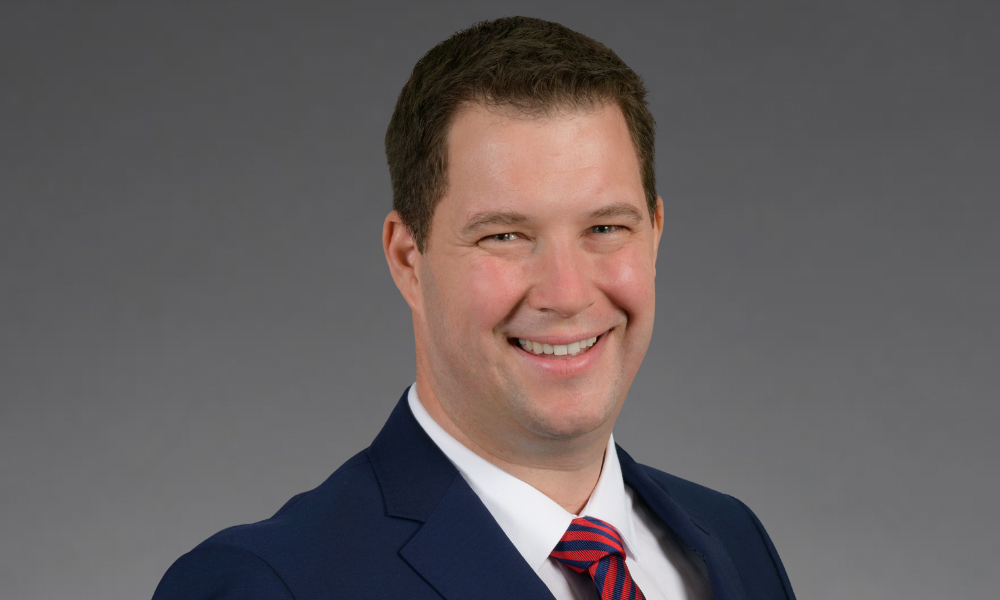
Employment lawyer looking at issues of training, positive duty, monitoring at upcoming masterclass in Sydney

With changes in social practices of younger generations, organisations are increasingly finding new strategies to integrate employees into the workplace, says one legal expert.
“Bringing a cohort into the workforce who’ve spent most of their lives sending brief messages on platforms like Snapchat and Instagram means employers are facing a new age of worker,” says Stephen Hardy, who will be providing guidance for employers on this and other changes in the workplace at the upcoming Law Masterclass, to be held in Sydney in November.
“The feedback I get is that this cohort are nervous to pick up a telephone and have a telephone conversation because they’re used to everything being written in short form - whether it's text messages, WhatsApp, Instagram, or Snapchat - which I understand is there for just a short amount of time and then disappears.
“It’s important they know that what they do in the workplace is obviously completely different - that you do need to speak over the phone, for instance and to commit to documents and positions which don't just disappear overnight - and that this can have consequences for the organisation and for themselves, personally.”
This is even more vital, he says, in light of the recent ‘positive duty’, which places the onus on employers to take all reasonable and proportionate steps to eliminate five types of behaviour: sexual harassment, sex discrimination, sex-based harassment, conduct creating a hostile workplace environment, and victimisation.
There’s been a big focus shift in terms of a new positive duty, says Hardy, partner at K&L Gates. “If someone's bullied at work, or they suffer a psychological injury, the employer could be vicariously liable.
“There’s no point though trying to teach or educate the current group as they come through with training techniques that might have worked 10 or 20 years ago.”
The shift in preference is very much towards visual learning, he says, with short and frequent communications.
“I certainly know that in the development of training materials that’s been a big focus, especially in the last two to three years.”
With that in mind, there are implications for hybrid working too, he says, especially with some employees entering this environment from the start.
“What's heightened this is the fact that COVID and being more remote has meant that perhaps if you’re going to need to put in a phone call to people, you’d do that more regularly than if they’re in the office with co-workers. They really need to know how to do that if they are going to be remote.”
There will also likely be increased text and email communication which employees need to be mindful of, particularly in isolated work environments, says Hardy.
“There’s a need to ensure psychosocial hazards and risks are properly considered by employers, in consultation with workers, and addressed as part of remote working arrangements.”
Other topics Hardy – who specialises in labour, employment and workplace practice - plans to address in his presentation at the Masterclass event, include clarity around the Right to Disconnect Bill, as well as the implications of the four-day work week.
The rising interest in the concept of the compressed work week and implications for employers is especially important given the potential for a more pressured environment when completing work in four days, as opposed to five, he says. It warrants a risk assessment and consideration as to how that impacts people's health and wellbeing.
“You could quite easily see how someone could start working way more hours than they had initially bargained for,” Hardy says. “Just to get their job done, they might carry on for a fifth day.
“Employers might find too there are overzealous employees who want to get ahead faster than others, and who really push boundaries because they'll have an extra day over everybody else. That could start making for a very difficult situation.”
It is the employer's responsibility, he says, to be actively monitoring and making sure overtime only occurs within the bounds of what's "reasonable" and that employers are “alive to their obligations under applicable agreements and industrial instruments, such as modern awards and enterprise agreements, with respect to such work”.
“Sometimes employers don't turn their minds to that as frequently, particularly if they're getting outcomes and results by people being at work and delivering,” says Hardy. “This could lead to breaches of law, underpayments and other non-compliances.”
Instead, employers should keep a good watch and ensure there is appropriate wording in contracts to accommodate this type of scenario.
“Employers certainly have to be more alive to it – they have to be monitoring it and putting in processes and assessments to make sure that people are not working unreasonable hours.”